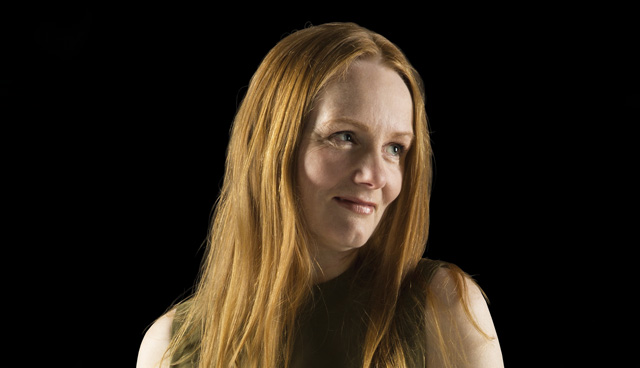Irish unity: A role for the State

We miss out on every chance we don’t take. Those who wait for perfect conditions to do something will be waiting forever. Author, columnist and Ireland’s Future board member Martina Devlin writes.
Since the 2016 Brexit vote, the issue of Irish unity has been gaining traction. Despite resistance in some political quarters, the conversation is well under way. This toothpaste is not going back into the tube.
Currently, an opportunity exists to build a reimagined Ireland, harnessing the economic, social and cultural opportunities presented by reunification. But unity in itself is not the endgame.
This isn’t about finishing what was started in 1916, bolting the six counties onto the 26. It’s about vision and inclusivity, thinking in terms of gains for all as opposed to losses for some. It’s about reconfiguring the Irish State, offering constitutional protections and a genuine welcome for people from Northern Ireland who identify as British.
What’s absent from the debate is an authoritative mission statement about the shape of a new Ireland. Such a blueprint needs to originate with the Irish Government: it must present the case, using facts and figures, so that citizens can reach an informed decision.
No doubt, when twin referenda are held north and south of the border, in line with the Good Friday Agreement, emotion will play its part in how people vote. But it won’t be the only dynamic. Facts will be key.
Will taxes rise? How long will the transition period last? Will there be funding from Britain, the EU and US to replace the Northern Irish subvention? What about healthcare entitlements? Will British citizens in Ireland be able to hold both passports? What will the Taoiseach be called? Is there a symbolic role for an English monarch?
Organisations such as Ireland’s Future have produced discussion documents, while economists have written papers, but much of the information required for a matter as complex as reunification cannot be accessed outside the arm of the State.
The Government should convene a citizens’ assembly to deal with hopes and fears, considering flags, emblems and anthems; this would be followed by a Green Paper outlining alternatives; and then a White Paper identifying policies, including legislative change, to deliver successful transitioning.
The Scottish government issued a 670-page doorstopper of a document in advance of its 2014 independence vote, with granular detail down to the colour of post boxes. A similar approach is needed here.
The experiences of Germany’s reunification in 1990, and of independence for the Czech Republic and Slovakia in 1993, prove countries can make significant constitutional changes in months rather than years. They also remind us help is at hand. There are templates to look at, lessons to draw on.
However, we could do more to help ourselves, too. For example, the Government could establish a Joint Oireachtas Committee on Irish Reunification to drive progress, and appoint a Minister of State with specific responsibility for developing unity strategies.
As Colm Tóibín observed in the Financial Times recently: “While politicians in Dublin might issue pieties about their longing for an end to partition, it should be emphasised that they don’t mean it.” He suggested they would “dread” a unity vote.
Clearly, there is much to discuss. But some seek to silence debate, suggesting it is divisive to engage in it. That loyalism is unsettled by it. That the Republic could never afford Northern Ireland. Even – bizarrely – that people have it so good in the North they’d never want reunification. How does anyone know? Isn’t that the essence of democracy; allowing people to cast their ballot on options?
Let’s give the last word to that consummate politician (unfortunately a fictional one) Martin Sheen, as a US president in the iconic TV series The West Wing. “Never doubt that a small group of committed citizens can change the world,” he says. To which his speechwriter answers: “It’s the only thing that ever has.” The scriptwriters robbed the quote from pioneering cultural anthropologist Margaret Mead, but a good idea is a good idea, whatever its origins.
Unity has always been a smarter concept than division.
Martina Devlin is a board member of Ireland’s Future, a civil society group with no party political alignment, leading informed debate on new constitutional arrangements.





